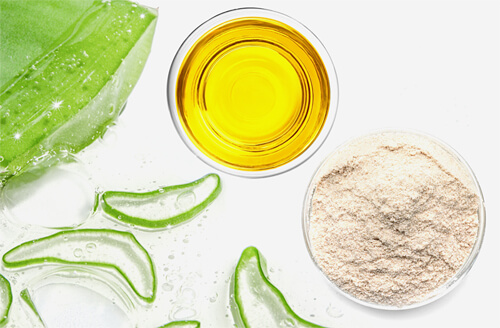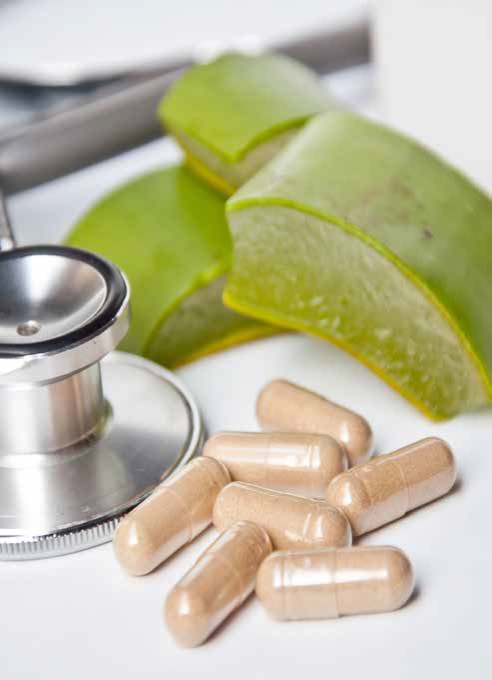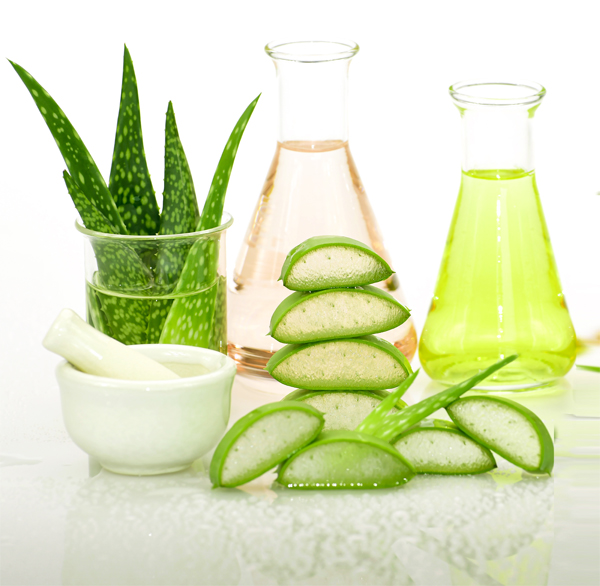Author Maharjan H. Radha and Nampoothiri P. Laxmipriya?
Aloe vera, medicinal properties, Immunomodulatory effect, own regulates lipopolysaccharide-induced in?ammatory cytokine production and expression of NLRP3 (NACHT, LRR, and PYD domain-containing protein 3) in?ammasome in human macrophages, inhibit the in?ammatory process, reduction of leukocyte adhe-sion, as well as proin?ammatory cytokines, increase in phagocytic and proliferative activity of the reticuloendothelial system, A. vera directly inhibits the cyclooxygenase pathway and reduces prostaglandin E2 production, which plays an important role in in?ammation, Intestinal absorption, drug absorption enhancement for drugs with low bioavailability due to extensive ef?ux, POAL (probiotics originating from Aloe leaf) strains; these and exhibit discriminative resistance to a wide range of antibiotics, A. vera gel has been shown to contain ?ve phytosterols, which are able to reduce visceral fat accumulation, and in?uences the metabolism of glucose and lipids in animal model experiments, where they reduced large-sized intestinal polyps and ameliorated reduction in plasma A. vera extract were able to reduce signi?cantly the transepithelial electrical resistance of the Caco-2 cell monolayers and thereby showed the ability to open tight junctions between adjacent cells










